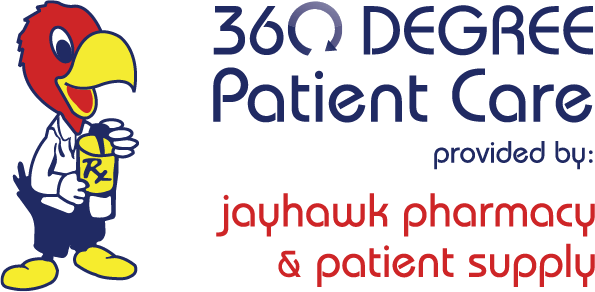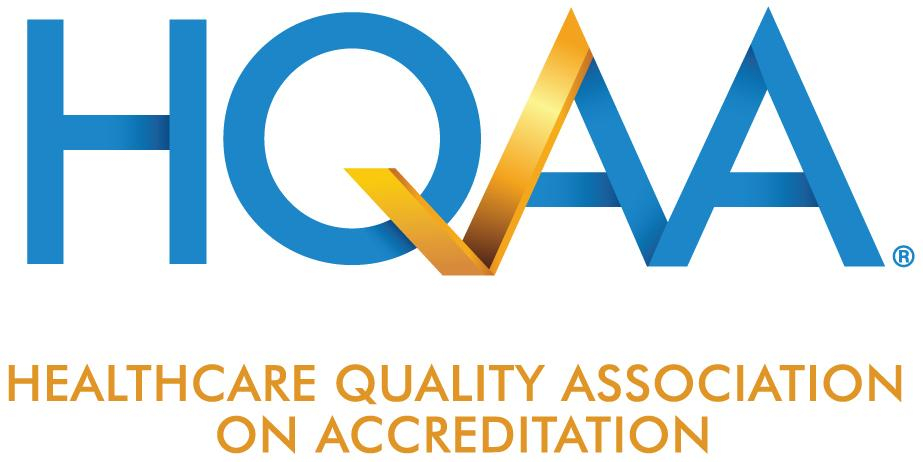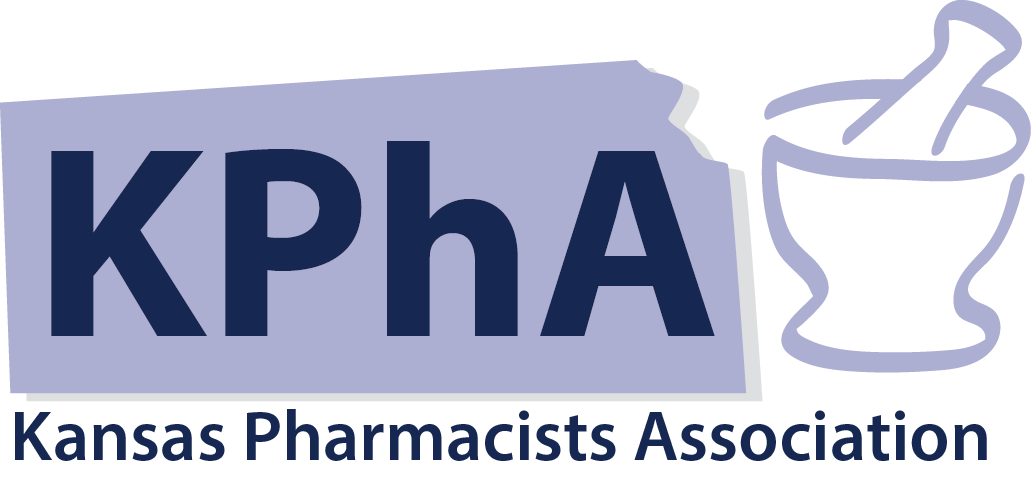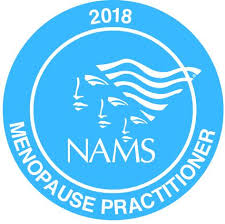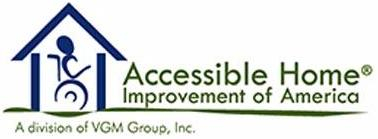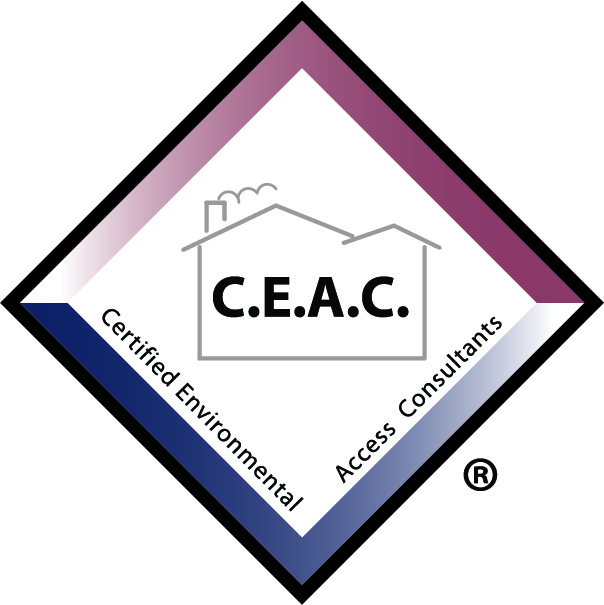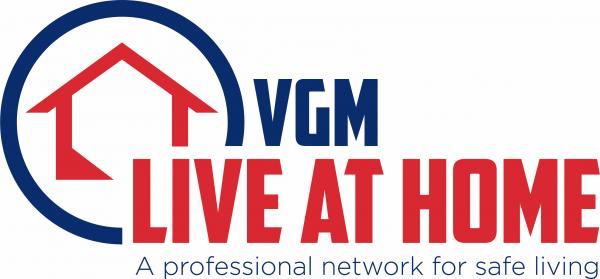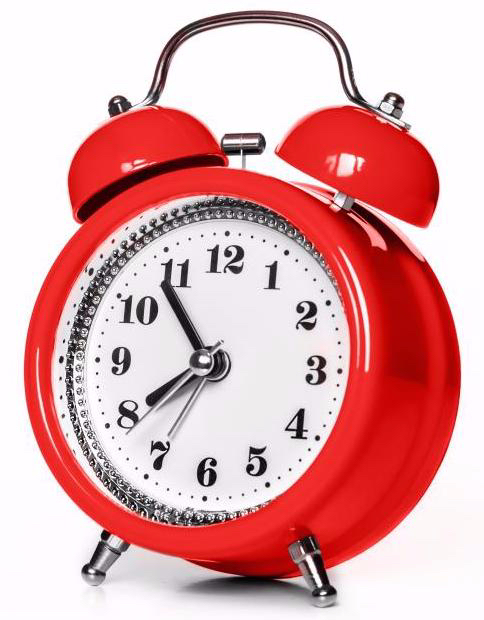 Sleep disorders such as sleep apnea are recognized as dangerous, life-shortening and life-damaging disorders. According to the American Sleep Apnea Association, more than 22 million Americans suffer from sleep apnea. There are two types:
Sleep disorders such as sleep apnea are recognized as dangerous, life-shortening and life-damaging disorders. According to the American Sleep Apnea Association, more than 22 million Americans suffer from sleep apnea. There are two types:
1) Obstructive Sleep Apnea (OSA)
2) Central.
Your doctor will prescribe treatment for your specific diagnosis.
WHY SHOULD YOU TREAT SLEEP APNEA?
Sleep apnea puts you at greater risk for high blood pressure, chronic heart failure, atrial fibrillation, stroke, and other cardiovascular problems.
Symptoms
If you have trouble falling asleep at night or wake up frequently during the night, you are probably aware that a sleep disorder may be the cause. But other symptoms may also indicate a sleep disorder, such as: 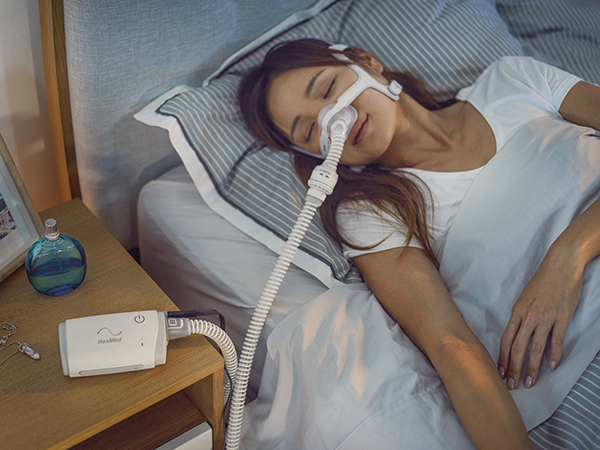
- waking unrefreshed (non-restorative sleep)
- daytime sleepiness
- reported snoring
- difficulty concentrating
- forgetfulness
- accidents at work or while driving fatigued
- depression
- and other symptoms
If you suffer from one or more of these symptoms, talk to your doctor about scheduling a sleep study, which is needed to confirm a clinical diagnosis.
The Epworth Sleepiness Scale
Answer these questions and discuss the results with your doctor. Use the key as a guide to rate how likely are you to doze off or fall asleep in the following situations, in contrast to feeling just tired. This refers to your usual way of life in recent times. Even if you have not done some of these things recently, try to work out how they would have affected you.
0 = no chance of dozing
1 = slight chance of dozing
2 = moderate chance of dozing
3 = high chance of dozing
| SITUATION | CHANCE OF DOZING |
| Sitting and reading | |
| Sitting inactive in a public place (e.g a theater or a meeting) | |
| As a passenger in a car for an hour without a break | |
| Lying down to rest in the afternoon when circumstances permit | |
| Sitting and talking to someone | |
| Sitting quietly after a lunch without alcohol | |
| Watching TV | |
| In a car, while stopped for a few minutes in traffic |
